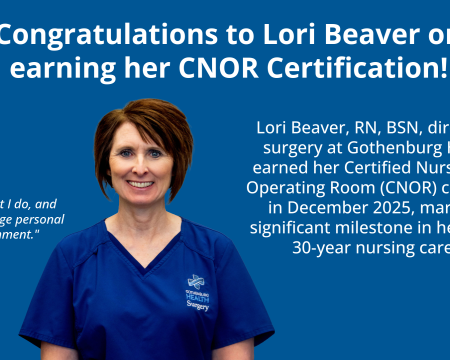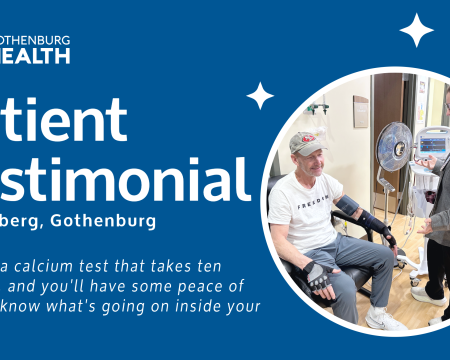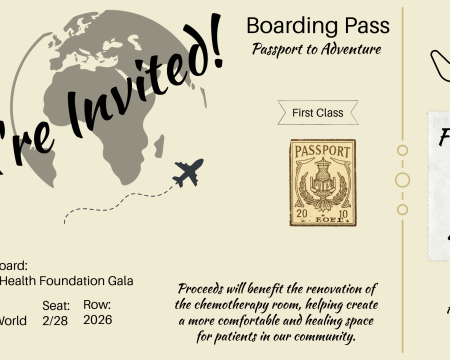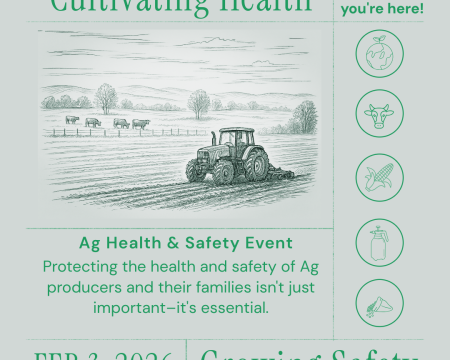
Why Did My Blood Sugar Spike?
by Mary Lou Block, Registered Dietician Nutritionist
“Why did my blood sugar spike?” my friend gasped in astonishment as she showed me a blood sugar snapshot from her CGM (Continuous Glucose Monitor). I felt her frustration, after all, the cake she had just eaten was labeled “sugar free!”
Let’s analyze what’s happening. She understands that high blood sugar causes insulin resistance, which in turn causes belly fat, and issues with blood pressure, blood sugar and blood lipids. So, she faithfully watches her blood sugar and makes her dessert selection with good intentions.
The “sugar free” label on the cake seemed like a lie at worst or misleading at best. Was it?
I reached for the dessert package, searching for clues. “Sugar Free” was clearly the title of the box, and the ingredient label contained NO table sugar, sucrose or cane sugar.
What else in this dessert created a blood sugar spike? To discover this, I examined the Nutrition Facts Label:
27 gm of total carbohydrate
1 gm fiber
11 gm sugar alcohol
This tells me about the net contribution of carbohydrates from the ingredients in the dessert.
I figure it like this:
Net Carb = Total carb – (fiber + one-half sugar alcohol)
Or in this case:
Net Carb = 27 gm tot. carb - (1 gm fiber + 5.5 gm sugar alcohol) =20.5 gm of net carbs.
But do you realize that 20.5 gm of net carbohydrate in this dessert equals the carbohydrate of 1.5 slices of bread? In other words, if bread increases blood sugar, so will this dessert.
Finally, processed food contains ADDED items that affect blood sugar. Looking at the ingredient label, I found three suspicious ingredients: Acesulfamepotassium, Sorbitol, and Maltodextrin.
Acesulfamepotassium is an artificial sweetener. Though it does not cause an immediate blood sugar rise, it produces a long term effect on your microbiome, causing insulin resistance, and over time increased blood sugar.
Sorbitol is the sugar alcohol used to sweeten this cake. It causes a slow rise in blood sugar so probably did not contribute to my friend’s high blood sugar.
Maltodextrin is a filler/thickener used to increase the volume of processed foods. It is made from rice, wheat, corn, or potato starch. It is a frequent ingredient of processed foods, such as “sugar free” cake, salad dressing, jelly, pudding, and powdered drink mixes. Problematically, it can immediately spike blood sugar more than table sugar, which may have been my friend’s problem.
Conclusion
You, like my friend, probably want to keep your A1c in range, knowing this improves insulin resistance symptoms: belly fat, and issues with blood pressure, blood sugar and blood lipids. But if you struggle with your A1c, beware of “sugar free” desserts. They are not harmless. They may contain no sugar, but still raise blood sugar because of naturally occurring carbohydrate, plus additives known to affect blood sugar.
Instead, give your A1c a break. Emphasize a low-carbohydrate-whole-foods diet with keto treats sweetened with:
1) Stevia (liquid drops)
2) Monk Fruit
3) Allulose
4) Erythritol (least blood-sugar-affecting sugar alcohol).






